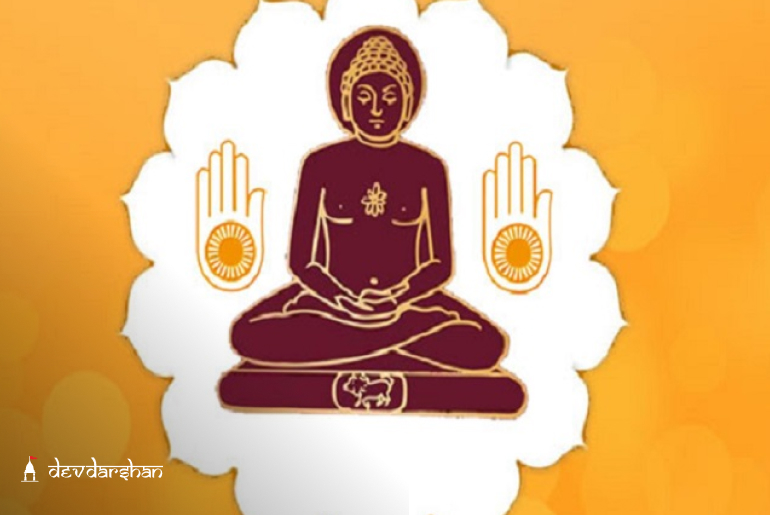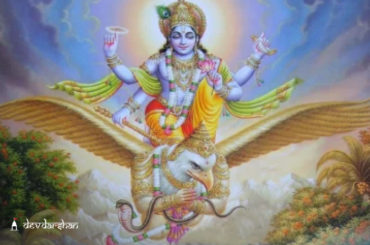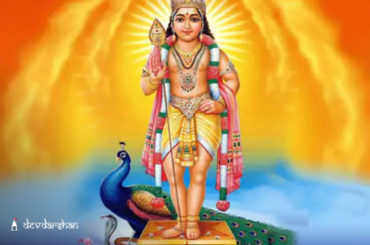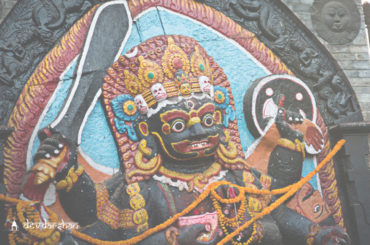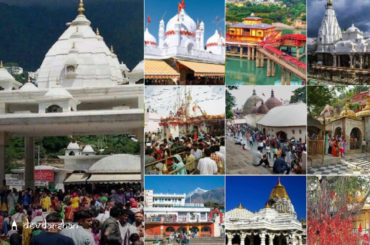In Jainism, Samvatsari is the most significant festival, which is celebrated by Jains residing around the world. ‘Samvatsari’ is a significant day in the Jain calendar. It is the last day of the Paryushana Parva, which is one of the most important annual events for Jains. Paryushana Parva is a time of reflection, self-discipline, and spiritual growth. The word ‘Samvatsari’ itself means ‘of the year’ in Sanskrit, indicating the completion of a year-long cycle of the Jain calendar.
On Samvatsari, Jains engage in various spiritual practices including fasting, introspection, and seeking forgiveness. The day is characterized by the observance of the “Michhami Dukkadam” ritual, where Jains seek forgiveness from others for any harm they may have caused knowingly or unknowingly. This practice emphasizes the values of non-violence (ahimsa), truthfulness (satya), and humility (aparigraha) that are central to Jain philosophy.
Jains on Samvatsari often gather in temples and engage in prayer, meditation, and recitation of sacred texts. Many Jains also participate in processions and religious gatherings to mark the occasion. It’s a day of spiritual renewal, self-purification, and fostering harmonious relationships within the community.
So, let’s get to know more about the Date, Rituals and Significance of Jain Samvatsari 2023.
Samvatsari 2023: Date, Muhurat and Timings
This year, Samvatsari will be observed on Tuesday, September 19, 2023.
- Sukla Paksha Pancham Starts: 01:43 p.m on September 19, 2023
- Sukla Paksha Pancham Ends: 02:16 p.m on September 20, 2023
Find Out Date of Other Festivals in the Month of September 2023
Significance of Samvatsari
Samvatsari holds significant importance in the Jain religion due to its association with forgiveness, introspection, and spiritual growth. Here are some key reasons why Samvatsari is considered important in the Jain tradition:
Forgiveness (Michhami Dukkadam)
The central theme of Samvatsari is seeking and granting forgiveness. Jains believe in the principle of non-violence (ahimsa) not only towards physical actions but also in thoughts, speech, and emotions. On this day, Jains seek forgiveness from others for any harm they may have caused intentionally or unintentionally throughout the year. Similarly, they offer forgiveness to those who seek it from them. This practice promotes reconciliation, harmony, and the release of negative emotions.
Self-Reflection and Repentance
Samvatsari is a time for Jains to engage in deep introspection and self-assessment. It’s an opportunity to reflect on their actions, thoughts, and behaviours over the past year and to identify areas where they may have fallen short of their spiritual ideals. This self-reflection encourages repentance and a commitment to self-improvement.
Spiritual Renewal
The practice of seeking and granting forgiveness on Samvatsari is believed to cleanse the soul and provide a fresh start for the coming year. It’s a way to purify one’s karma (actions) and to renew one’s spiritual journey with a clean slate.
Renunciation and Detachment
Samvatsari is often observed with fasting and other forms of self-discipline. By practising self-control and detachment from material desires, Jains aim to reduce the accumulation of karma and strengthen their spiritual focus.
Community and Unity
The observance of Samvatsari brings the Jain community together. Temples and Jain centres host special ceremonies, prayers, and processions. This fosters a sense of unity and shared purpose within the community, reinforcing the principles of cooperation and mutual respect.
Continuation of Tradition
Samvatsari is a way of preserving and passing on Jain values and teachings from one generation to the next. By observing this tradition, Jains reinforce the core principles of their faith and ensure their continuity over time.
Cultivation of Virtues
Through practices like fasting, prayer, and seeking forgiveness, Jains strive to cultivate virtues such as humility, compassion, and self-discipline. These virtues are central to Jain philosophy and contribute to personal growth and spiritual evolution.
In a nutshell, Samvatsari is important in the Jain tradition as a day of seeking forgiveness, self-reflection, spiritual renewal, and fostering unity within the community. It encapsulates key principles of Jainism and serves as a reminder of the commitment to non-violence, truth, and self-improvement.
Also Read: Benefits of Maa Lakshmi Vrat
Various Rituals Performed on Samvatsari 2023
On the day of Samvatsari, the following are the rituals and practices that are followed by the community of Jain religion.
- Attain Inner Tranquility – Samayika: Begin by cultivating a sense of inner calmness through the practice of Samayika. This involves centring oneself and achieving a state of mental serenity.
- Pay Reverence to Tirthankaras – Chatur Vimsati: Offer your reverence to the Tirthankaras, the spiritual teachers, by reciting the Chatur Vimsati mantra, acknowledging their guidance and wisdom.
- Extend Reverence to Jain Ascetics – Vandana: Show respect and honour to Jain sadhus and sadhvis, recognizing their spiritual dedication and teachings.
- Embrace Forgiveness – Samvatsari Pratikraman: Engage in the ritual of Samvatsari Pratikraman, a practice of seeking forgiveness and cleansing of the soul. Reflect upon your actions and ask for forgiveness from all beings you might have harmed.
- Practice Kayotsarga – Meditation and Prayer: Enter a state of deep meditation and prayer, focusing on detachment from the physical world and connection with the spiritual realm.
- Commit to Emotional Restraint – Pratyakhyana: Make a sincere vow to exercise restraint over your emotions and impulses, fostering a greater sense of self-control.
Furthermore, on this day, Jains traditionally visit the homes of their relatives. Through this visit, they come together to seek forgiveness by expressing the phrase “Michhami Dukkadam,” symbolizing their genuine remorse and request for pardon. This practice also extends to those who are not physically present, with letters conveying the sentiment of forgiveness. This act signifies a commitment to leaving behind grievances and ensuring that any disputes or conflicts are not carried forward into the coming year.
Also Read: How to Perform Lord Vishnu Puja?
DevDarshan
Check out various Online Puja and services provided by DevDarshan here and get your bookings done in one click. If you want to know more about Indian culture, Indian Temples, Pujas and festivals, then download the DevDarshan App. Don’t forget to share this blog if you like.

